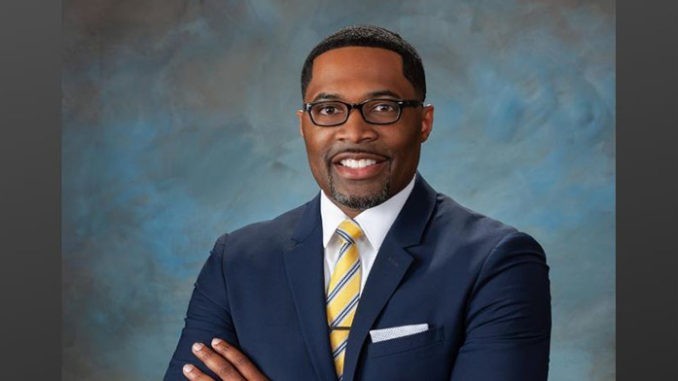
Today, is not a good day. I am not OK! The shocking and untimely deaths of George Floyd in Minnesota, Breonna Taylor in Kentucky, and Ahmaud Abery in Georgia have crippled our nation. I reflected on Dr. Martin Luther King, Jr.’s “I Have A Dream” (1963) speech where he reminds America of the “fierce urgency of now.” Those prophetic words still echo throughout the nation. Furthermore, he affirms that “now is the time to rise from the dark and desolate valley of segregation to the sunlit path of racial justice.” However, today, I am in a quandary. Recently, I was asked the question, “How are you?” I responded, “I am numb, speechless, and scared.” Yes, I have earned several degrees, participated in social organizations, and hold membership on several Boards; however, none of the credentials or associations prepared me for the flood of emotions that would consume me.
In 1922, Langston Hughes wrote the poem “Mother to Son.” As I reflect on the conversation that the mother has with her son, I think on the present state of America. The poem opens with the Black mother explaining her struggles: “Life for me ain’t been no crystal stair…it’s had tacks in it, and splinters, and boards torn up.” Written more than 98 years ago, the poem reflects the sentiments of today. We remain a fragmented and splintered society where racism remains a struggle for persons of color. Additionally, a disproportionate number of Black and Brown communities lack access to quality healthcare which was further exacerbated with the onset of the COVID-19 pandemic. Thus, the fight for equality and justice remains a critical focus today.
I am frightened for the future of young Black and Brown men in America. As a precocious high schooler, I declared that I would be a change agent. During times of solitude, I envisioned being a high school English teacher. The thought of inequities was not a common lexicon that frequented my mind. I proudly recited the pledge of allegiance, as this was required in the late 90s by my local high school. I remember feeling a great sense of hope and pride as I concluded the final lines: “with liberty and justice for all.” However, today, I am perplexed. This reference to “justice for all” and freedom has become disrupted by rivers of blood and tears from families mourning the passing of their love ones. Perhaps, my innocence protected me from the atrocities that have eroded our nation for more than 400 years. Of late, I turn on the television and am accosted by fear and inequities that are paralyzing Black and Brown communities—the very population that I have committed to serve.
I repeat, today is not a good day. I am not OK! Yet, I have hope! It is the hope that was imparted to me by a single-parent mother who encouraged me to embrace my faith in God. It is because of that faith, that I weep for America. While the current climate of protest and racial tensions amplify, nationally, I am hopeful. So, where do we go from here? I argue that we must engage in the courageous conversation and be uncomfortable being uncomfortable. We must provide a platform for people of color (young and old) to share their authentic feelings around racial injustices. But it is not enough to engage in discussions, we must implement programming that becomes the fabric of our organizations’ cultural norms. Like Hughes’ character, we must remain diligent in our pursuits, and we cannot turn back.
As educators, we have a responsibility to champion success for a diverse community of learners. It is only then will we live out the tenants of the Declaration of Independence: “We hold these truths to be self-evident, that all men are created equal, that they are endowed by their Creator with certain unalienable rights, that among these are life, liberty and the pursuit of happiness.”
The current social unrest should challenge persons to take an introspective gaze and reexamine one’s own core beliefs around racial inequities. No longer can allies sit idle and allow persons of color to be disenfranchised. There is a sound that is resonating through the non-violent protests that have settled on more than 25 US cities. The late Maya Angelou reminds us that we possess the influence to bring about change in society when she states, “If you don’t like something, change it. If you can’t change it, change your attitude.”
Dr. Larry Johnson Jr. is the president of Phoenix College. Recently, the NAACP announced that he is the recipient of this year’s Trailblazer award. On July 1, 2018, Dr. Johnson began serving as the sixth president of Phoenix College.
